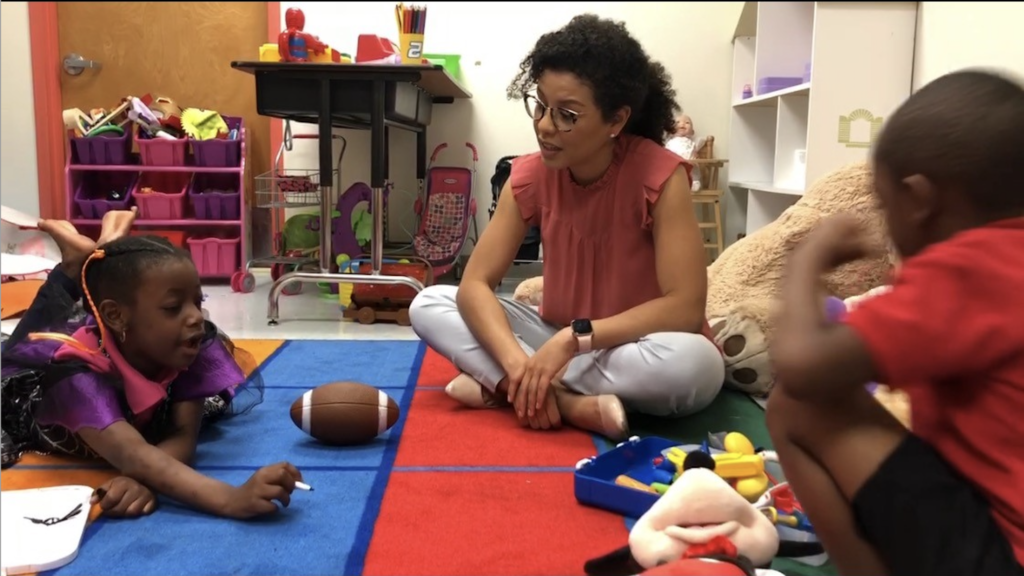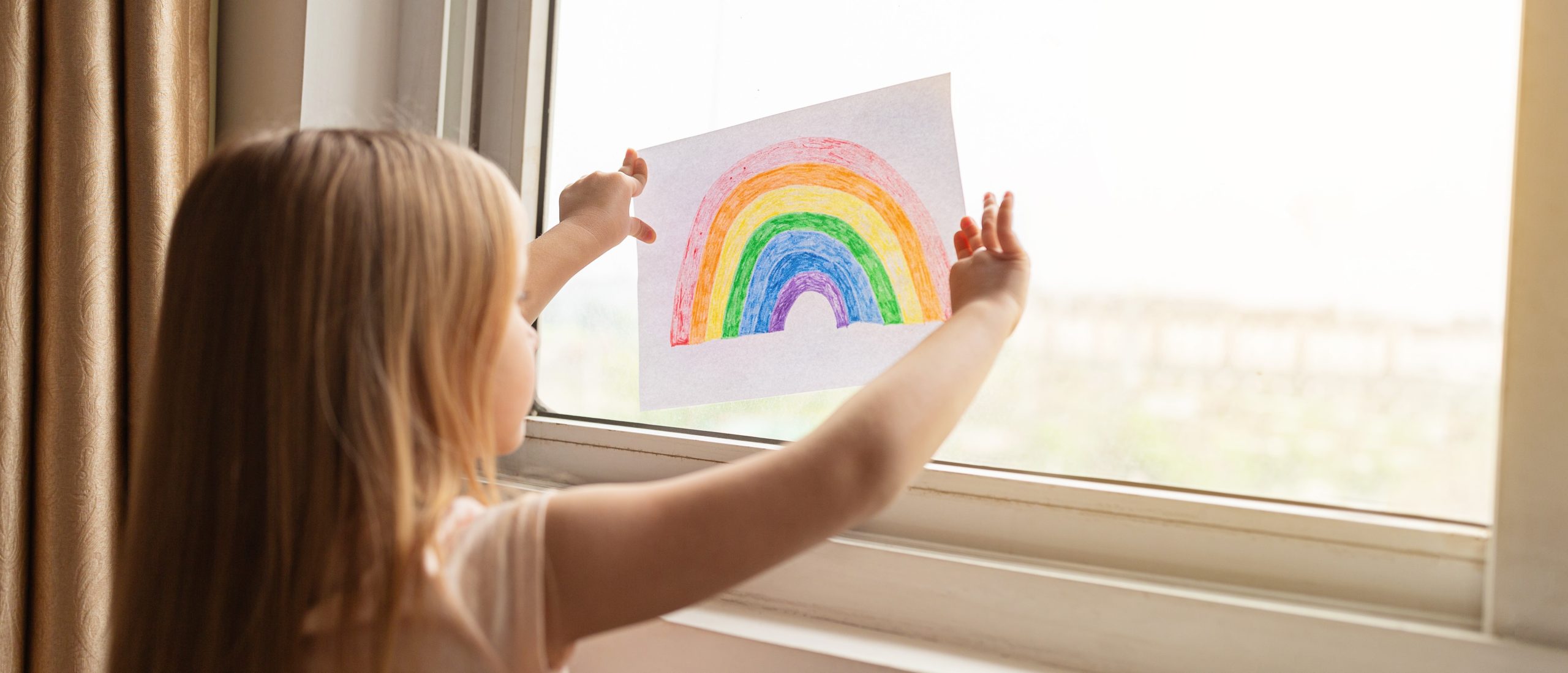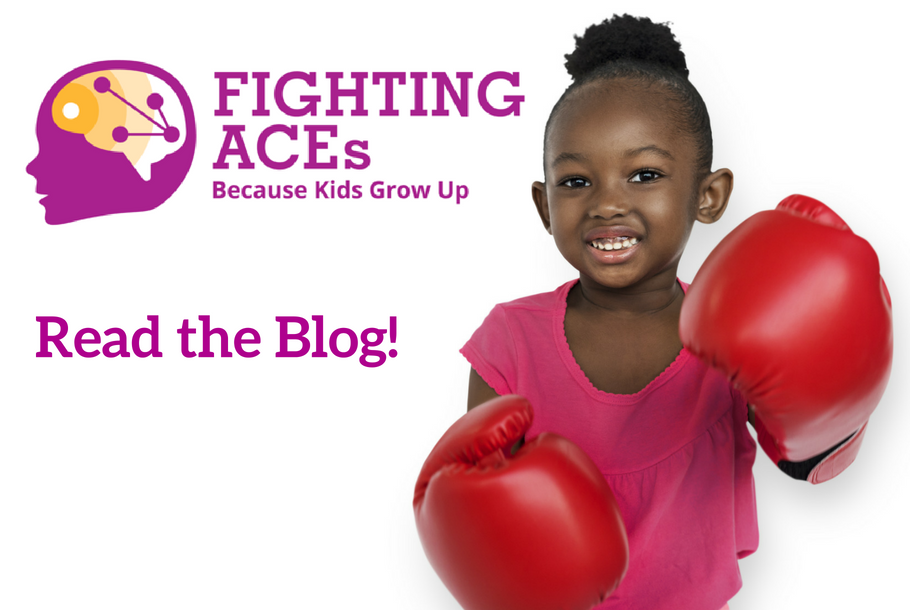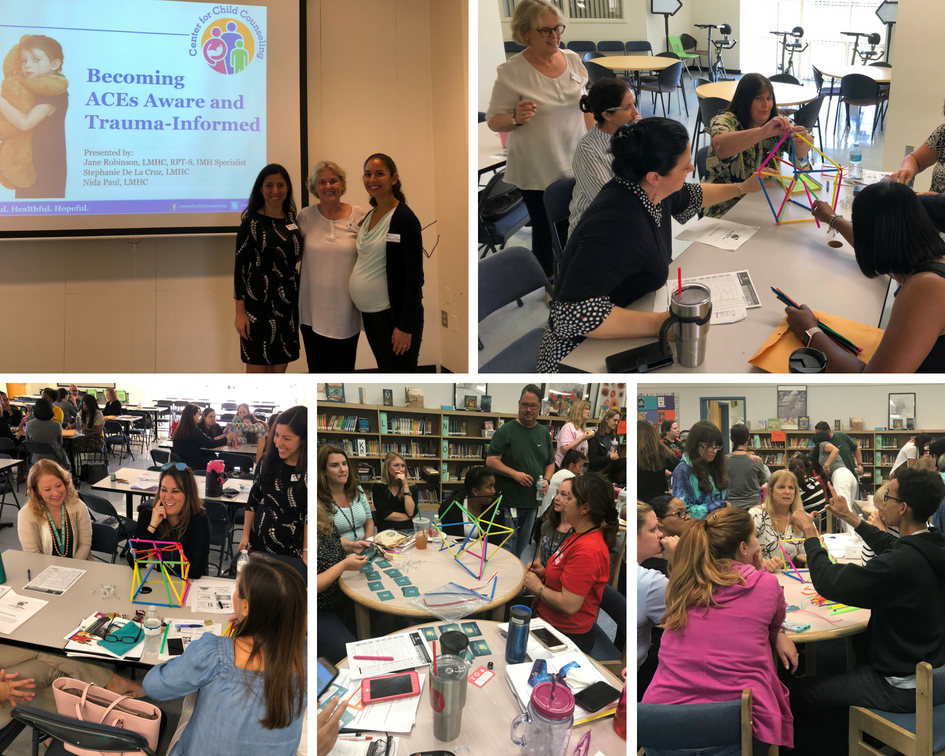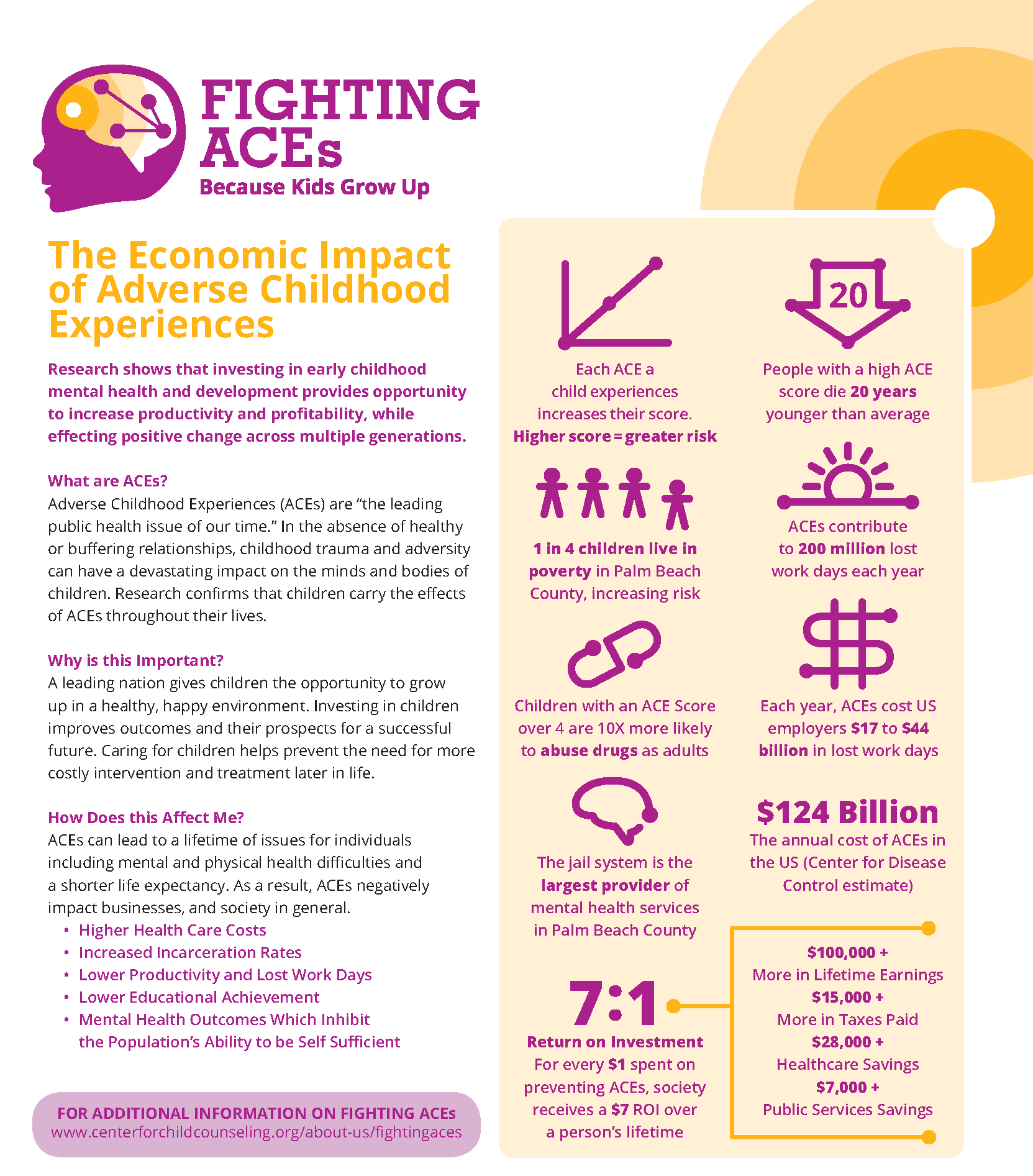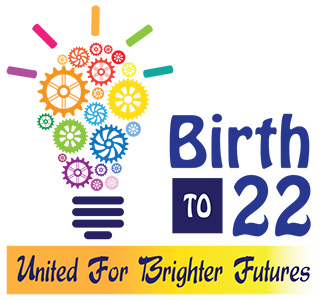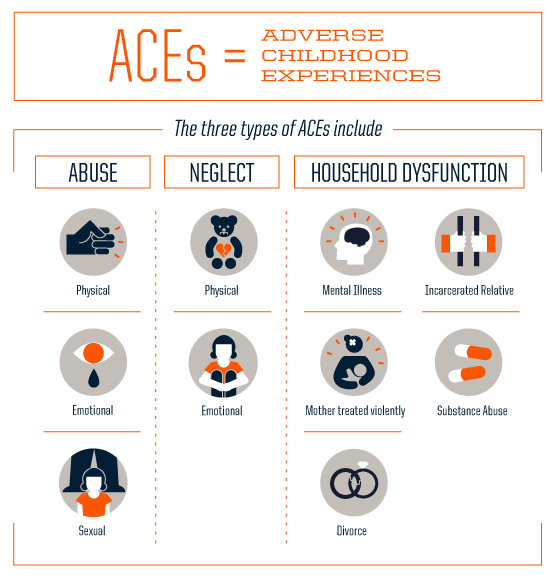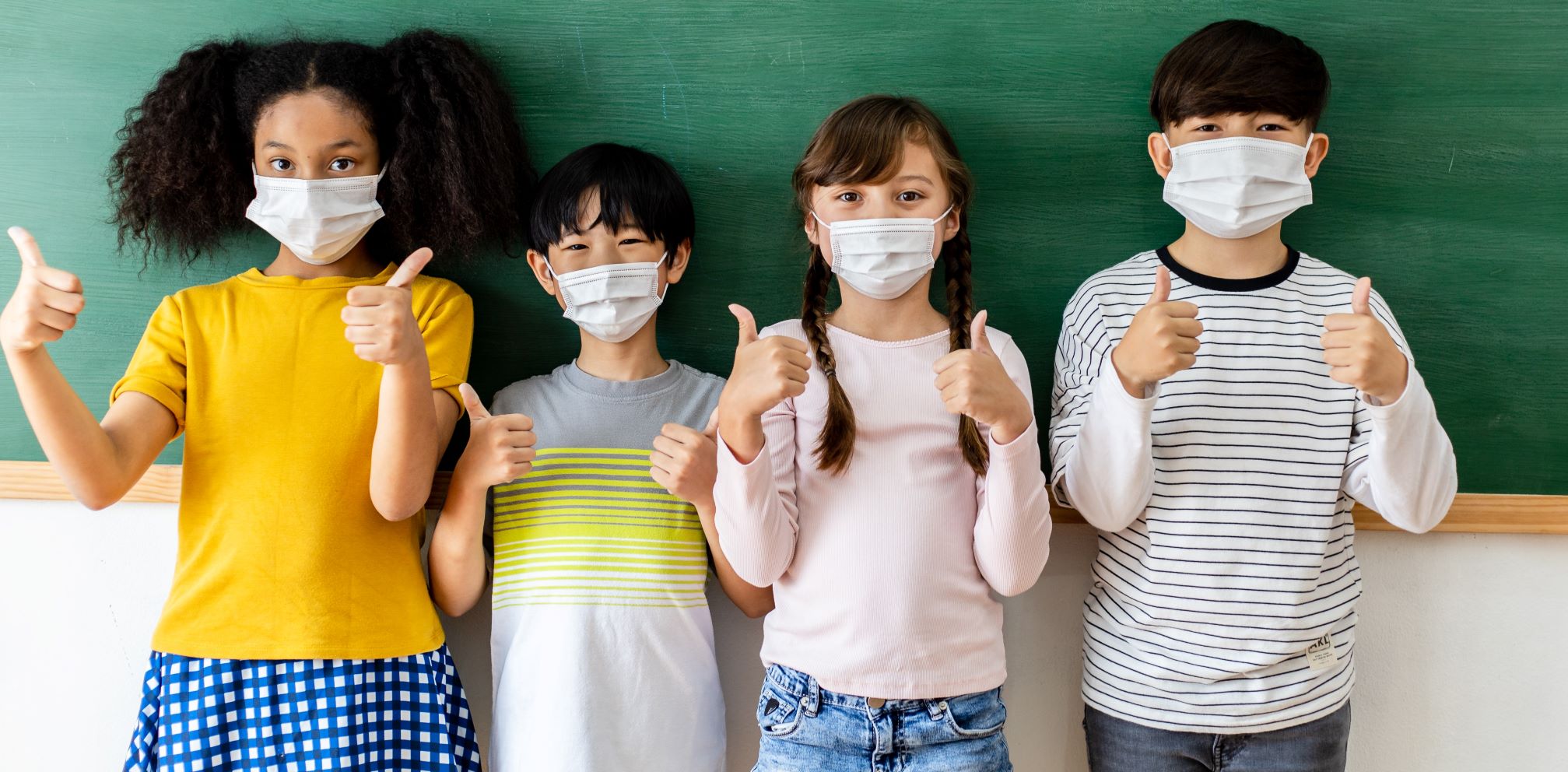We’ve been living in the world of the COVID-19 pandemic for over a year now. In the so-called “before times”, adults used the phrase “hitting the wall” as a way to describe a feeling of complete overload, a sense of being unable to continue normal functioning due to overwhelming circumstances. Recently, that phrase is being used to describe the experiences of children who have faced a daunting year of online learning, isolation, technology saturation, and general grief. Now, those same students are facing the new challenges of returning to traditional schooling, too.
Children who have “hit the wall” are struggling with school on every level and in different ways. Some are struggling with the loss of the normal socialization which being at school usually provides. Others are falling behind academically and are stressed as to whether they will ever be able to catch up. Still others are mourning the milestones they have lost that were once provided by the school setting — things like proms, big games, theater productions, class trips, and other school-based activities we all once took for granted.
Sobering Circumstances
To understand the complexity of the situation, let’s examine some of the ways the pandemic has hit families. According to an NBC report on the unexpected effects of the COVID-19 outbreak on children:
- Emergency rooms have seen a 24 percent increase in mental health-related visits from children ages 5 to 11 compared to last year. The increase among older kids is even higher — 31 percent.
- Food banks have been slammed with hungry families as an estimated 17 million children — many largely cut off from free school lunches — are now in danger of not having enough to eat. That’s an increase of more than 6 million hungry children compared to before the pandemic.
- Schools are struggling to teach students remotely or in classrooms in which children wear masks and sit behind plastic shields. One national testing organization reported that the average student in grades 3-8 who took a math assessment this fall scored 5 to 10 percentile points behind students who took the same test last year, with Black, Hispanic and poor students falling even further behind.
- Classrooms have been unusually empty, with quarantines and sickness affecting attendance in face-to-face schools and computer issues interfering with online instruction. Some districts report that the number of students who’ve missed at least 10 percent of classes, which studies show could lead to devastating lifelong consequences, has more than doubled.
- And an estimated 3 million vulnerable students — who are homeless, in foster care, have disabilities or are learning English — appear to not be in school at all.
Children Have Been Hit Hard
At home, the signs that a child is struggling are as numerous as the reasons they might be struggling. Very young children may regress, wanting to sleep in bed with caregivers or wanting to be spoon-fed again after they’ve already mastered feeding themselves. Older children might seem clingy or more tearful than usual. These are all responses to the uncertainty and anxiety of the times we’re living in. For teens, rates of anxiety and depression are soaring. Paul Gionfriddo, the president and CEO of Mental Health America, an organization that supports people with mental illness, says approximately 10,000 people took its online depression and anxiety screening every day this year, twice as many as usual. The biggest rise is among children between the ages of 11 and 17. “We know that trauma builds on trauma,” Gionfriddo says. “Once people have experienced trauma, they are far more likely to have mental health effects later on, sometimes right away, sometimes decades later, and we know that repeated traumas can exacerbate and make that worse.”
And when it comes the trauma families and children have endured throughout 2020 (and continue to endure), a vaccine is not going to be a magical cure. “A nation of children coping with trauma and disruption will need more than a vaccine to address the fallout,” explains Betheny Gross, the associate director at the Center on Reinventing Public Education at the University of Washington. When it comes to the social, emotional, and academic ordeal so extreme that some advocates and experts warn its repercussions could rival those of a hurricane or other disaster. “Recovery from Katrina wasn’t a one-year recovery,” Gross explains. “We didn’t just bring the kids back and everything fell into place. And this will be the same.”
So, how can we support children as many of them continue remote lessons, and how can we help those who are transitioning back to the physical classroom setting?
The first important thing to note is that a wide range of emotions and responses should be considered normal in these abnormal circumstances. Some children may be showing signs of withdrawing, others may be acting out, some may be putting on a brave face so that they seem to be coping when they’re secretly filled with anxiety and stress. This last circumstance is most likely when parents or adults in the home are struggling. Some children’s response is to protect their parents when they see them under stress.
Back-to-School Woes
While some feel that things are “returning to normal” as far as school goes, nothing could be further from the truth. Schools that have reopened have done so under strict social distancing guidelines, with masks hiding faces and facial expressions and forming a barrier to communication. Again, nothing feels normal. As children return to classrooms, they come with as many challenges as you can imagine. Some have thrived with remote learning and are not excited to be back in the classroom. Some have struggled with remote learning and have fallen behind. They’re feeling anxiety as to whether they’ll be able to catch up. For those who are still taking part in remote learning, many have reached a place where they simply cannot focus or seem to achieve once easy tasks. The brain can only cope with so much technological stimulation in a given period of time. It is not possible to retain focus for eight hours a day on a glowing screen, no matter how engaging or enthusiastic a teacher may be. Many teachers have gone to heroic lengths to be innovative and exciting in their approach to online lessons but, after a year, these efforts are undoubtedly wearing thin on them, too.
Adversity Has Been Amplified
The children most affected by both home school and the return to school will be those facing racial, economic, and other inequities that have only become more pronounced since the pandemic began, David Hinojosa, the director of the Educational Opportunities Project at the Lawyers’ Committee for Civil Rights Under Law. “They already lagged behind their peers in school, and already faced significant obstacles. And now they’ve taken the brunt of the pandemic’s pain,” he said.
As far as academics go, many schools have implemented mentoring programs and extra lessons to help children who may be falling through the cracks to catch up. But it’s important to remember that Adverse Community Environments are part of many children’s lives. Challenged communities with fewer resources (those with deprivation where poverty and and violence are a part of every day life) have faced the worst of the pandemics fallout. For children living in these environments, going to school was something of a refuge from the turmoil at home. For the past year, these students have been fully immersed in the adversity of their homes and neighborhoods and have likely struggled the most to find quiet places where they could focus on remote learning. Expecting these children to return to school without significant support is expecting too much.
Returning to school may bring with it fear associated with health. For so long, we’ve been teaching children social distancing and handwashing and being in close proximity might trigger fears.
Some Answers
As always, the answer to all these complex situations comes from the adult — the parent, teacher, or caregiver.
Communicate: Discuss how your child is feeling and why they are feeling that way. Don’t ask questions that have easy “yes” and “no” answers. Ask open-ended questions. Rather than: “Do you feel okay about going back to school?” (to which the answer can be “yes” because “okay” is a vague question). Rather, ask them: “What feelings do you have about going back to school?” If those feelings are complicated or mixed, discuss them. You can reassure your child while still being realistic. Let them know that whatever consequences the return to school brings, you will work through them as a family.
Mirror Positivity: During times of trouble, children are desperate for security. Positive role models can be the buffer against adversity and anxiety. The more you can educate yourself so that you feel secure in your knowledge and your position on pandemic issues, the more security you can offer your child. You can say things like: “As a family, we choose to take this disease very seriously and we follow all the recommendations for handwashing and mask wearing. We also think it’s very important for you to go back to school and be around other children again.” (If this is your position). Explain why you have made your decisions and how your child’s school is protecting students.
Extra Help: If your child needs extra help, emotionally or academically, get it for them. Our School-Based Mental Health Program operates in schools throughout Palm Beach County. The SNAP program is also available to children identified as struggling. These are offered free through the County school system.
Most of all, help build resilience in children by talking to them about adversity. History provides countless times when humanity has been in far worse place — World War II, the 1918 Spanish flu pandemic — but eventually we, as a society, overcame them. We have an arsenal of knowledge at our fingertips like science, vaccines, and the technology to educate people and spread accurate information very quickly. Focus on these positives and on a brighter future. Your children are looking to you, their parents and teachers, to model how they ought to be. So try to be the best model you can — giving your child the gift of security. Remember, you have years of valuable perspective which they don’t. This, too, shall pass. Good times do lie ahead. We may not know the exact nature of our future but we do know that large pieces of it will be very good indeed and we need to reassure our children of that.
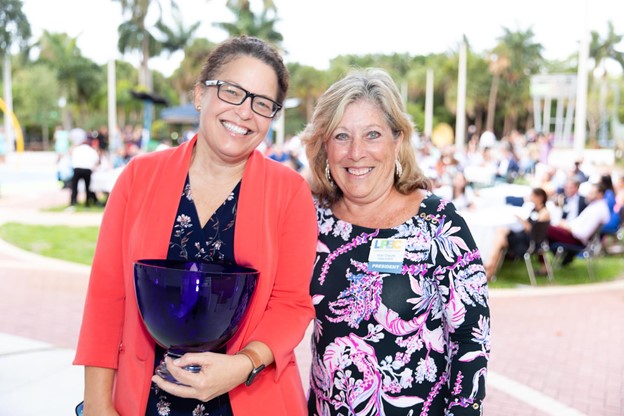

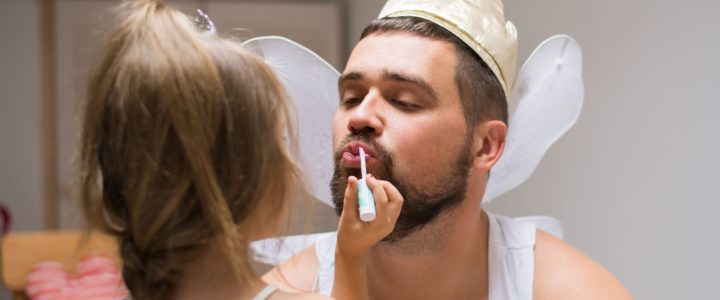
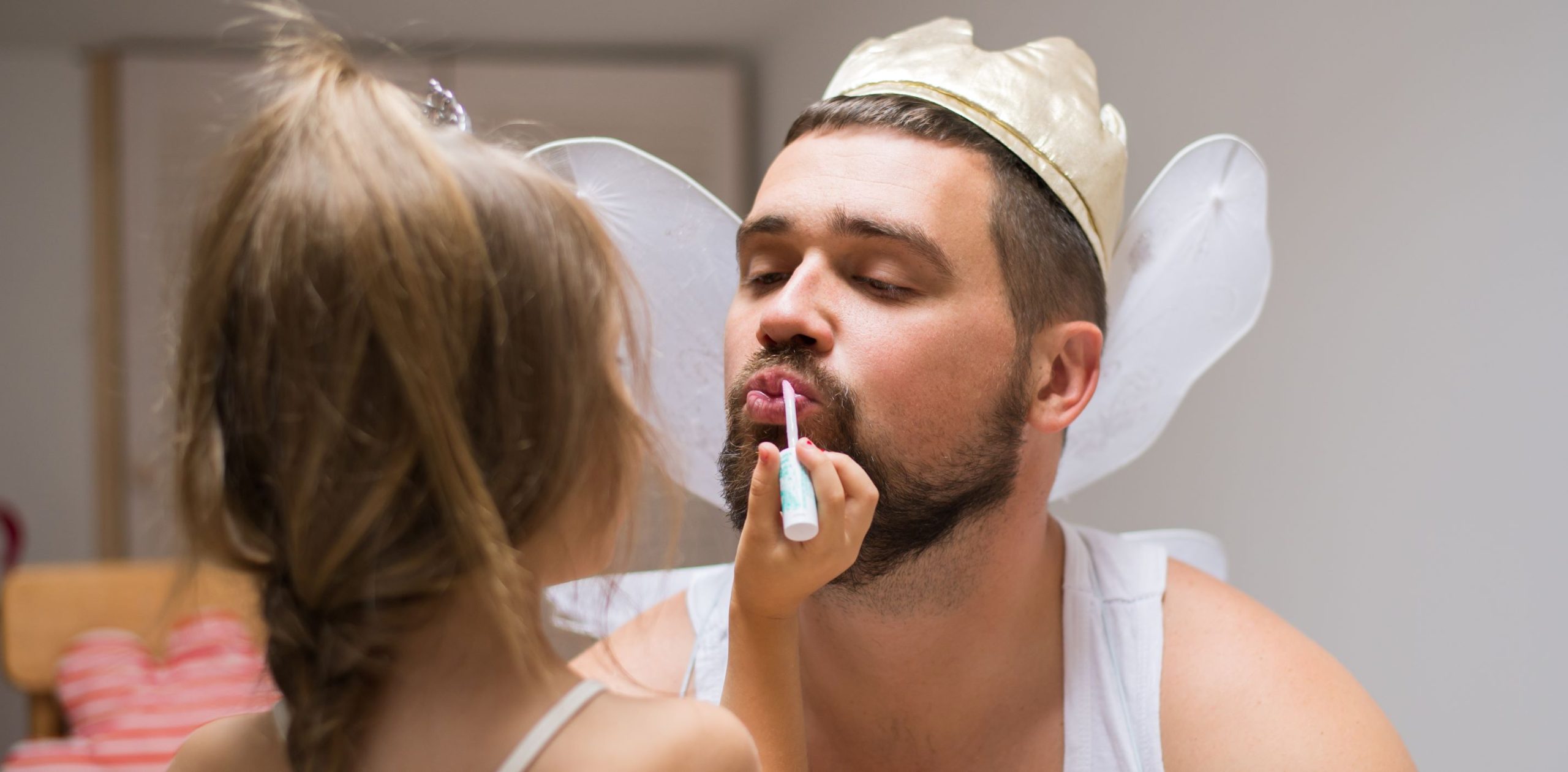
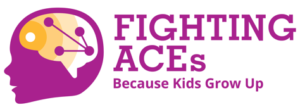
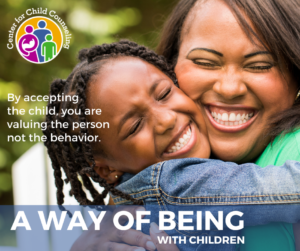


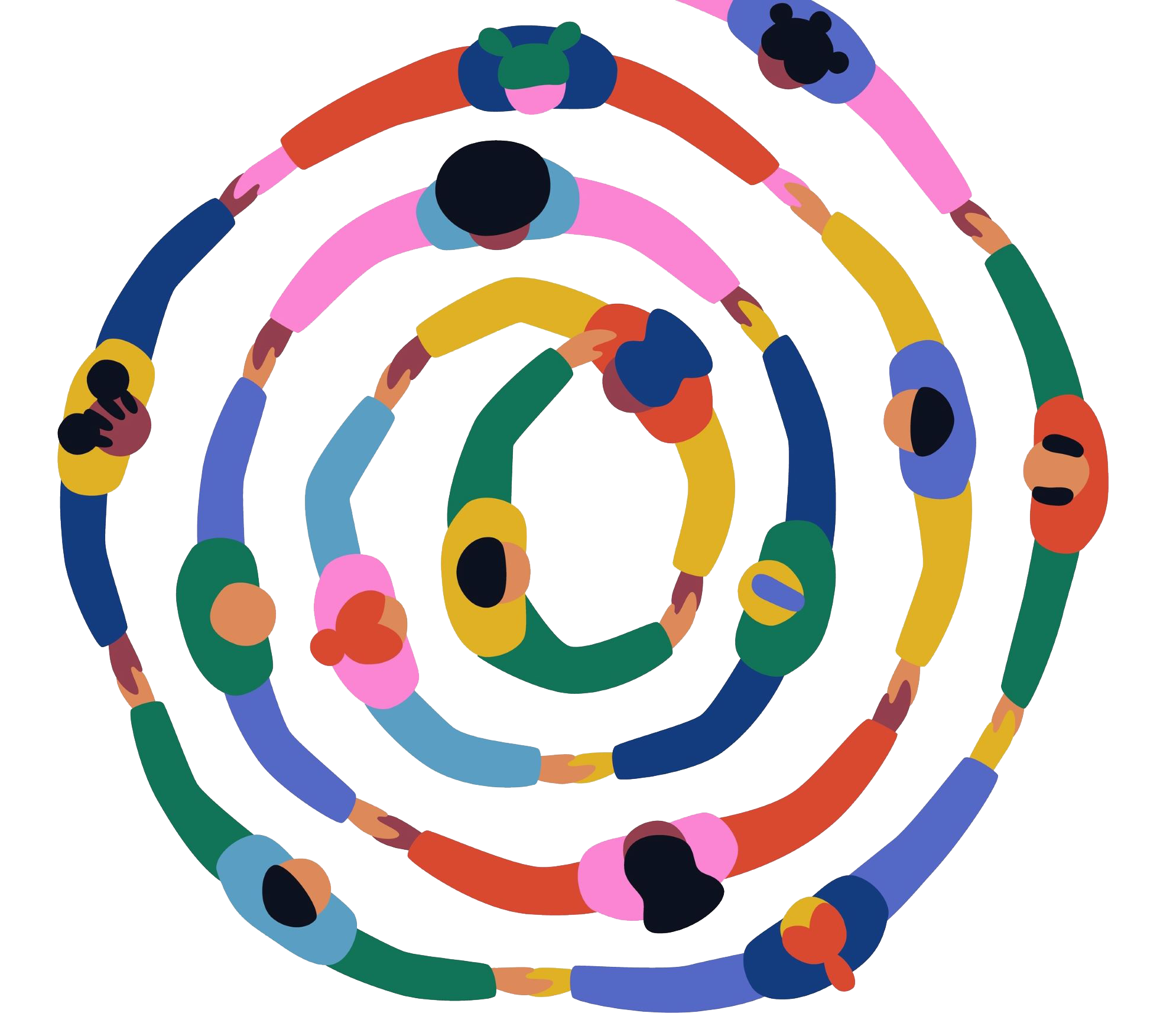
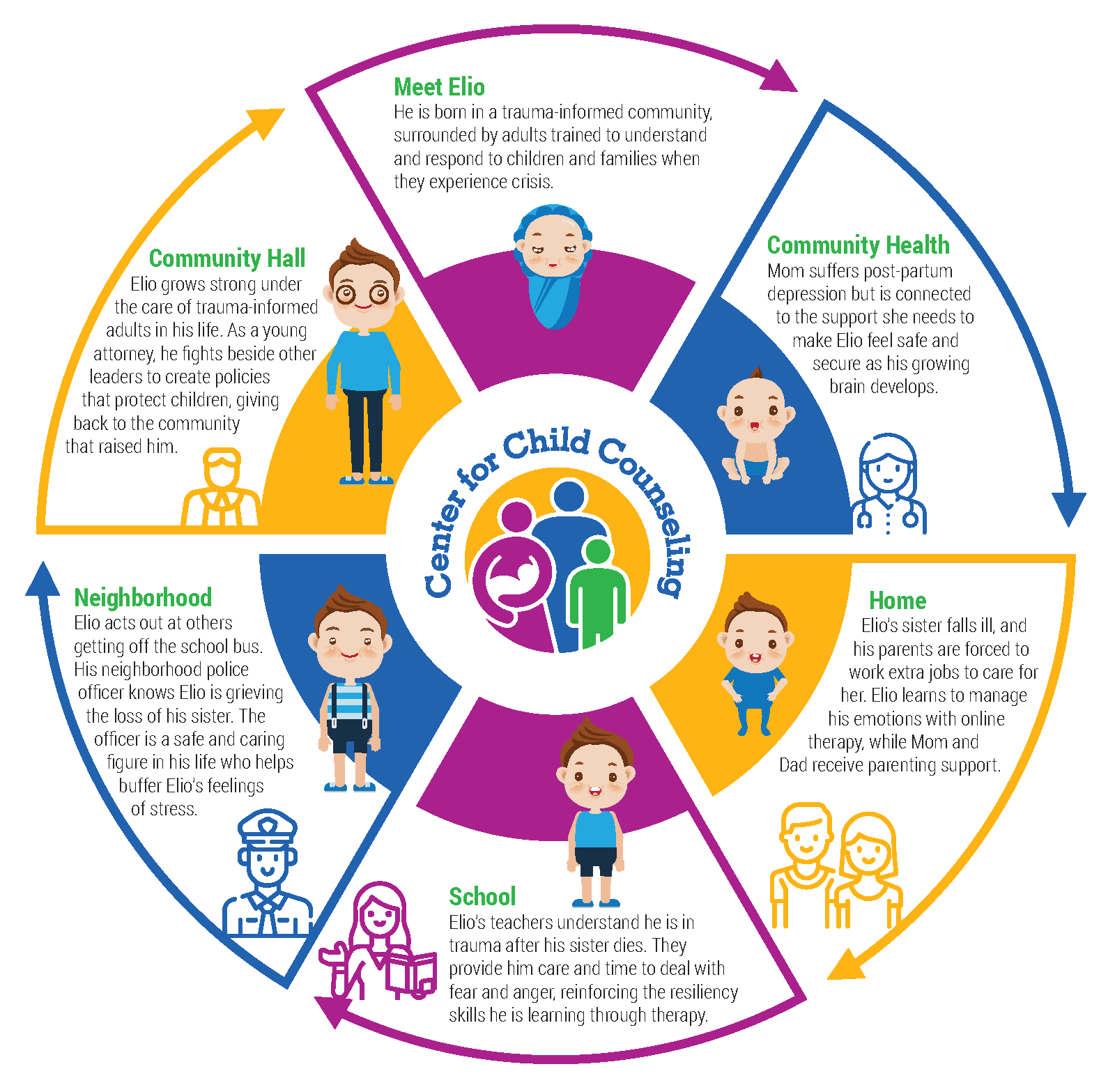 Our Role
Our Role